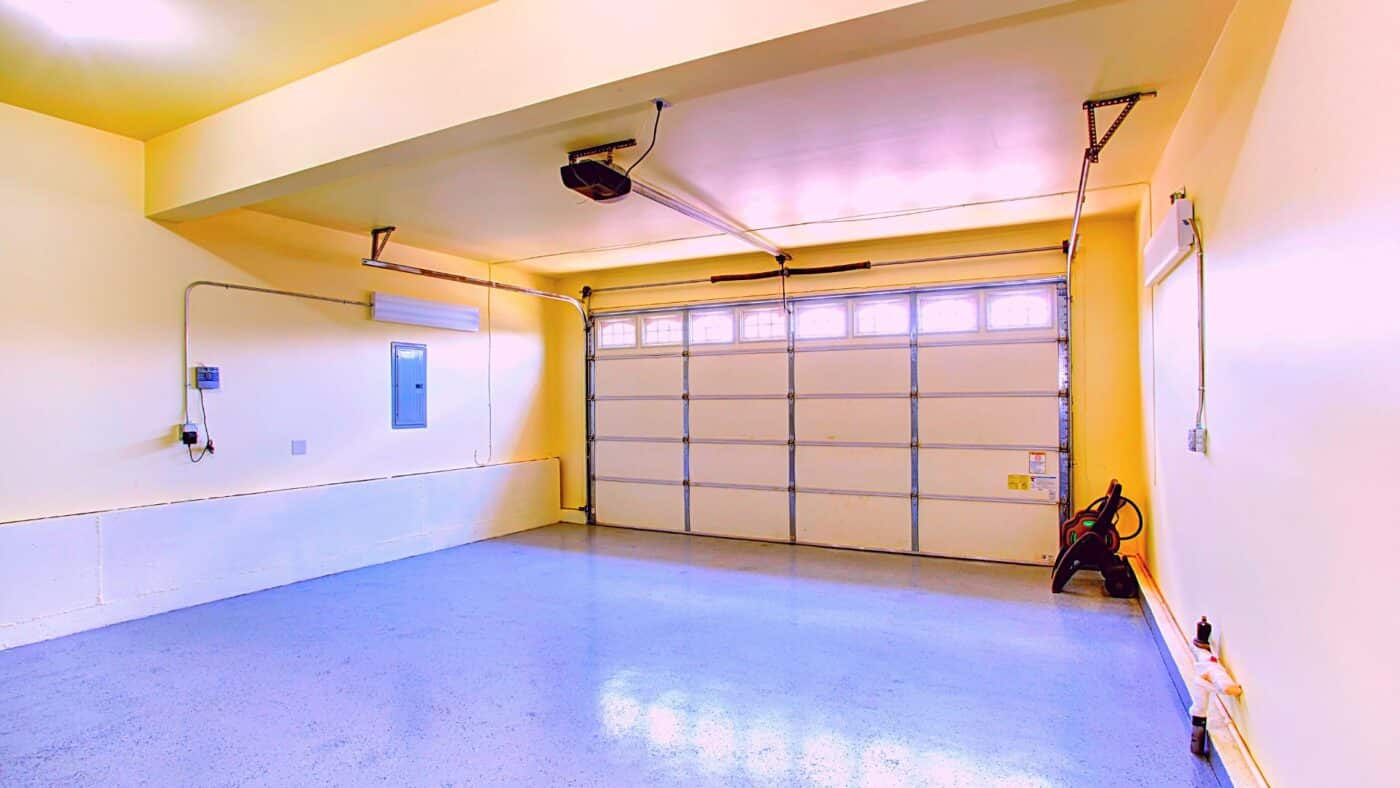When we think about eco-friendly practices, our minds often turn to energy-efficient appliances, solar panels, or recycling. However, it’s essential to consider every aspect of our homes, including the garage. Garage doors play a significant role in the environmental impact of a house, from their manufacturing process to their daily use. In this article, we will explore the environmental impact of garage doors and highlight eco-friendly options and solutions.
Sustainable Materials
Traditional garage doors are often made from materials that have a substantial environmental impact, such as wood or non-recyclable metals. However, eco-friendly alternatives are now available. Look for garage doors made from sustainable materials like recycled steel, aluminum, or composite materials. These materials have a lower carbon footprint and reduce the demand for virgin resources.
Insulation and Energy Efficiency
Garage doors that lack proper insulation can lead to heat loss or gain, requiring more energy to maintain a comfortable temperature in adjacent living spaces. Opt for garage doors with adequate insulation, which not only reduces energy consumption but also enhances the overall energy efficiency of your home. Look for doors with high R-values, indicating their insulation properties.
Natural Lighting Options
Consider incorporating windows or translucent panels into your garage door design to allow natural light to enter the space. This reduces the need for artificial lighting during the day, saving energy. Additionally, natural light enhances visibility and creates a more pleasant environment in the garage.
High-Quality Weatherstripping
Proper weatherstripping plays a crucial role in preventing drafts and maintaining temperature control inside the garage. Opt for garage doors with high-quality weatherstripping that seals gaps effectively. This helps minimize heat loss in winter and heat gain in summer, reducing the energy needed for heating and cooling your home.
Smart Technology
Smart garage door openers offer convenience and energy-saving benefits. These devices allow you to control and monitor your garage door remotely, ensuring it’s not left open accidentally. Some smart openers also integrate with home automation systems, allowing you to optimize energy use by scheduling opening and closing times based on your daily routines.
Recyclable and Biodegradable Components
When selecting a garage door, inquire about the recyclability and biodegradability of its components. Opt for doors that are made from materials that can be recycled at the end of their lifespan. Additionally, look for eco-friendly finishes and paints that are low in volatile organic compounds (VOCs), reducing harmful emissions into the environment.
Proper Maintenance and Longevity
Regular maintenance of your garage door not only ensures its optimal performance but also extends its lifespan. By keeping all components in good working condition, you can avoid premature replacements and contribute to waste reduction. Follow manufacturer guidelines for maintenance and address any issues promptly to prevent unnecessary replacements.
Responsible Disposal
If you need to replace an old garage door, make sure to dispose of it responsibly. Contact local recycling centers or scrap metal yards to inquire about proper disposal methods. Recycling or reusing the components of your old door can significantly reduce its environmental impact.
As awareness of environmental issues grows, it is crucial to consider eco-friendly options for every aspect of our homes, including garage doors. Let’s incorporate these eco-friendly options and solutions to create a more sustainable future, one garage door at a time.








